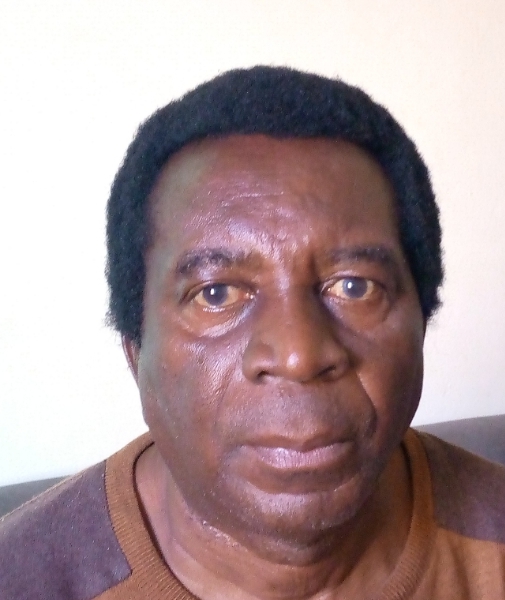The global migrant and refugee crisis has received uneven attention over the years, despite growing recognition of its urgency. It has long been met with skepticism, even though those engaged with the issue have recognized its evolving complexities.

Global leaders, experts, and NGOs have presented numerous reports and participated in debates, forums, and international conferences to deepen our understanding of the refugee crisis. Yet, despite their efforts, the issue is often oversimplified.
In our eagerness to highlight refugees’ own stories, we must not overlook the interconnected factors driving displacement—geopolitical instability, persecution, violence, human rights violations, and more. These are key reasons why people flee their homes, and addressing these factors is crucial.
European countries like Germany, Italy, Spain, and England are often at the forefront of this refugee wave. But instead of assigning blame, we must focus on collective responsibility.
A common response to the crisis has been an overemphasis on alarming statistics, but there is growing recognition that refugees and migrants offer opportunities for positive change. Last week, Amy Pope, head of the International Organisation for Migration (IOM), emphasized at a UNGA panel that the refugee crisis is not a burden but an opportunity for significant positive change.
At the same event, Nasra Ismail, executive director of Alight, called on global leaders to reframe the narrative, urging them to recognize refugees not just as survivors but as leaders and agents of change. She shared her personal story of fleeing Somalia and challenged the world to “flip the script” on how we perceive refugees and migrants.Despite seeming fatigue around the refugee narrative, there is renewed energy in the movement, with calls for a more inclusive and empowering approach. Experts and NGO leaders are now advocating for refugees and migrant-led organizations to have a seat at the table in decision-making processes that affect their lives.
Ana Karina Garcia, director at the Colombia-based nonprofit Juntos se Puede, highlighted in a June 2024 opinion piece for Devex that, despite progress, refugees and migrants remain on the sidelines of both national and international forums. She urged migrant-led organizations to bring their expertise to decision-making spaces, explaining that their exclusion often results in policies shaped by political and ideological perspectives rather than practical realities.
The Ford Foundation has also supported this shift in perspective, stating, “We believe those most impacted by issues often hold the keys to transformative change. But, too often, these voices are underrepresented or left out of the conversations that affect them the most.”
Involving refugees in debates, forums, and decision-making processes could lead to a more balanced and effective approach to supporting both refugees and their host communities while protecting their human rights. The voices of those directly affected must be heard if we are to develop long-term, sustainable solutions.
With this shift in narrative and support from philanthropists, there is confidence in building a promising future for refugees and migrants. The campaign for their inclusion and empowerment is far from over. While some may feel the “thrill is gone,” as the American blues legend B.B. King once sang, in reality, the new narrative shows that the thrill is just beginning.